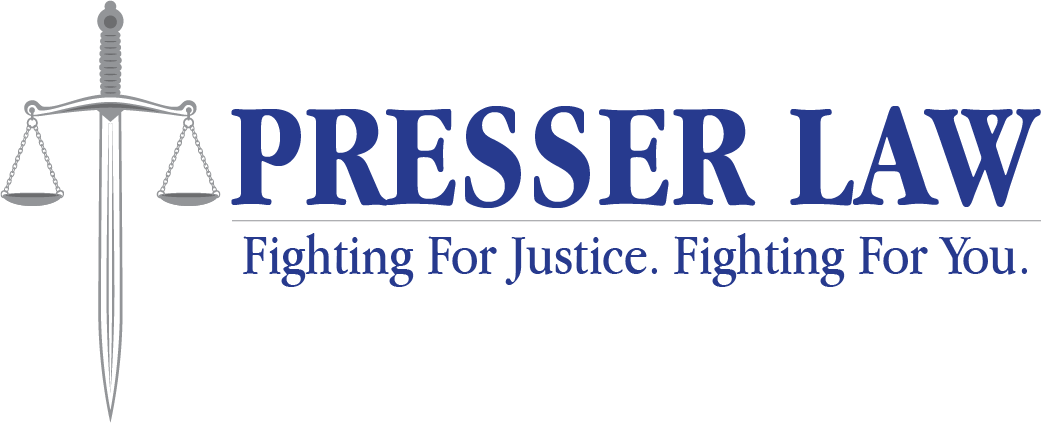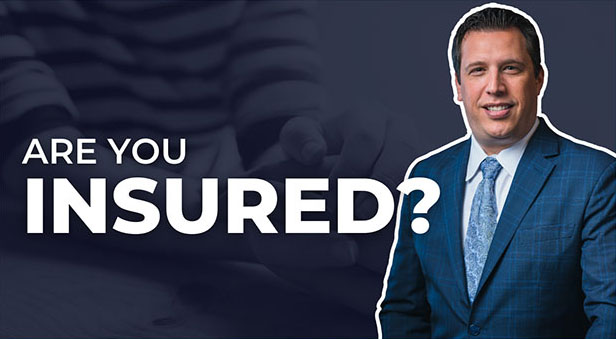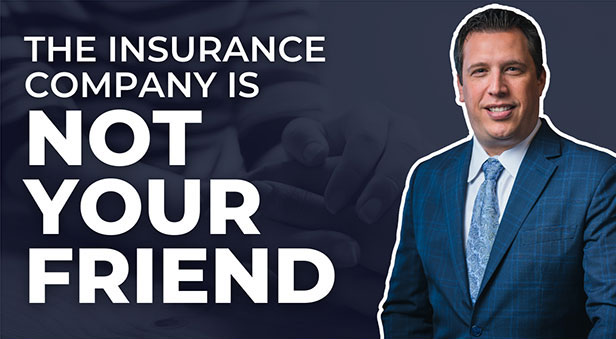FLORIDA PROPOSES INSURANCE WINDFALL BILL

While Florida is no stranger to bills propping up Florida’s auto insurance companies, this recent bill is unmatched in its scope and impact on Florida’s residents. Disguised as “tort reform,” HB 837 removes many of the protections and rights Florida’s residents currently enjoy in favor of granting insurance companies unprecedented authority to do what they want without recourse.
This article seeks to unpack the Insurance Company Windfall bill and explain, in layman’s terms, how this bill impacts Florida residents.
- CHANGING FLORIDA TO A MODIFIED COMPARATIVE FAULT STATE
HB 837 changes Florida from its current Pure Comparative fault status to a Modified Comparative fault state. Florida’s current pure comparative fault law provides that someone who injures another is responsible for their percentage of the injuries they cause. It is designed for at-fault parties to pay for their fair share of fault while also preventing injured parties from recovering damages for which they caused.
Modified Comparative laws, such as the one proposed in HB 837, prohibits Florida residents from recovering any amount for their injuries where they are over 50% at fault. While some may find this uncontroversial, its impact on Florida residents to the benefit of insurance companies is immense.
It is not uncommon for liability to be disputed in car accidents or other types of cases, such as premises liability. In these disputed liability cases, damages can be significant. The most typical auto accidents cases which result in disputed liability are 1) side swipe cases (i.e. someone enters your lane of travel and then states you entered their lane); 2) improper turn cases (i.e. someone illegally turns in front of you); and 3) T-bone style crashes (i.e. the front of someone’s vehicle impacts the side of your vehicle for a variety of reasons including running a red light).
In each of these cases above, and in many others, liability may be expensive, or impossible, to prove without eye witnesses. In similar cases I have handled, medical bills have exceeded $500,000.00 due to the significant injuries sustained by the injured party.
Under Florida’s current pure comparative fault law, even in tough cases with disputed liability, injured parties can make some type of recovery where juries are unable to determine fault. This ability to obtain some type of recovery can then be utilized to assist in paying off the medical debt accumulated as a result of the injuries received. Under the proposed changes, Florida residents are prohibited from any recovery if a jury were to find them 50.00001% at fault.
Where a lawsuit is necessary, insurance companies will shift their strategy from minimizing the amount of damages an injured party has suffered to muddying the waters on the cause of the incident. If insurance companies are successful in placing more than 50% of the fault on the injured party, they will escape any liability for the damages their insured caused – even if their insured was 49.9% at-fault.
The practical effect of this provision is to embolden insurance companies to deny or diminishing valid claims. Insurance companies, knowing a jury merely has to find the injured party more than 50% at fault, will take a harder line on cases at the expense of Florida’s injured residents. This will result in a windfall to insurance companies of tens of millions of dollars as they can know hide behind Florida’s Modified Comparative law status in undervaluing insurance claims or denying claims entirely.
- REMOVING ATTORNEY-CLIENT COMMUNICATION PROTECTIONS
Another proposed change is removing certain attorney-client communication protections between injury victims and their attorneys related to the injury victims’ medical care.
Case strategy and open and honest information exchange between attorneys and their clients are the bedrock of our legal system. This bedrock foundation is now under attack by insurance companies who want to know what attorneys and their clients communicate about. This is an unprecedented intrusion into the attorney-client privilege, which the United State Supreme Court has upheld since 1888. While there are agreed upon exceptions to this privilege, such as the furtherance of criminal activity, the exceptions are universally accepted.
There has been no breach or removal of this privilege for anything similar to what HB 837 is attempting to do. Should this provision be passed, it will have a freezing effect on attorneys and their clients in having honest communications about their cases.
- CAPPING ADMISSIBLE MEDICAL DEBT AT TRIAL
HB 837 artificially caps the medical debt which can be introduced at trial. Currently, the total amount of medical bills incurred by injury victims can be shown to the jury. Following the jury’s verdict, the award of damages will then be reduced by payments previously made and/or amounts for which the injury victim is no longer responsible for. Our current system is set up so that jury’s have the best information available to them to determine the fair value of compensation to injury victims.
HB 837 proposes placing an artificial cap on the medical debt an injury victim can introduce at trial. Those limits are the amount health insurance, Medicare, or Medicaid would have paid – regardless of whether the medical provider accepts those insurances. This a very dangerous provision that may leave Florida residents owing money so that insurance companies can rake in tens of millions in profits.
While the purpose of this legislation is to (wrongly) limit how much in medical debt the jury can see, the practical effect is that it does not eliminate the actual medical debt owed. As a result, even if Medicare would have paid $100.00 on a $400.00 charge an injury victim incurred from a doctor visit, showing the jury only what Medicare would have paid ($100.00) instead of what the actual owed amount is ($400.00) will almost certainly result in a jury awarding $100.00 for the charge and making the injury victim responsible for the additional $300.00.
- ELIMINATING 627.428 ATTORNEY FEES
Elimination of 627.428 attorney’s fees is one of the largest insurance company windfall provisions in HB 837. Currently, Florida Statute 627.428 requires insurance carriers to pay the attorney’s fees and costs of their Florida insured’s when Florida insureds are forced to sue and prevail against the insurance companies. The statute is designed to assist in the “David and Goliath” battle between an insured and their billion dollar insurance company by forcing insurance companies to pay attorney fees and costs when they lose. This provision allows attorneys to take on the insurance company where the damages in one particular case alone may not justify the expense.
Florida auto insurers regularly make decisions about reimbursement rates to doctors who treat injury victims. Sometimes, these decisions can result in underpayments to these medical providers from a few cents to up to several hundred dollars. One each individual case, the difference can be rather small. However, over all the cases throughout the state of Florida, these savings equate to tens or hundreds of millions of dollars to insurance companies.
Insurance companies want 627.428 eliminated because they can then systematically underpay claims without recourse by the provider. No attorney is going to represent a doctor to collect $250.00 owed by an insurance company. It is just not worth the time and expense it would take to prove your case – and the insurance companies know this. However, if an insurance company can underpay a medical facility $250.00 for each patient visit, the cumulative amount the insurance companies save will be in the tens or hundreds of millions of dollars.
Elimination of 627.428 will result in Florida insureds losing tens or hundreds of millions of dollars owed to them and directly pocketed by the insurance companies.
- EVISCERATING FLORIDA’S BAD FAITH PROTECTIONS
Bad faith litigation is used sparingly in Florida. While its election and use is complex, its purpose is not – preventing insurance companies from abusing Florida insureds. Insurance companies have a duty to their insureds. Those duties include properly investigating claims, timely paying claims, protecting its insureds, and others. However, insurance companies can abuse Florida residents. Sometimes distracted by profits or deadlines, or even due to the inexperience or incompetence of their adjusters, insurance companies will delay or deny payment of valid claims and even lie to the attorney’s for injury victims in an effort to minimize their responsibility.
Bad faith litigation acts as a safeguard for Florida residents against insurance abuse by providing that insurance companies be held directly accountable for their abuse of Florida residents. HB 837 seeks to eliminate many of those safeguards and raises the burden of proof on Florida residents in proving the insurance company acted in bad faith. This will make it harder for Florida residents to prove bad faith against the insurance companies and unnecessarily cloaks insurance companies with protection for their abuse.
The elimination of bad faith protections will further hurt Florida residents in their dealing with their insurance companies. Without the threat and protections of bad faith, insurance companies will focus more on their bottom line and less on their duties to their insureds. After all, if its extremely difficult for Florida residents to bring a bad faith action due to the loss of protections, what incentive does an insurance company have to competently continue their duties toward their insureds?
Without the current bad faith protections, insurance companies will act without impunity in the adjusting of claims. This will result in more, not less litigation, by Florida injury victims seeking fair compensation for their injuries as insurance companies delay, deny, or diminish claims even more than they do now.
- HOW YOU CAN HELP
The abuse by insurance companies of Florida residents has raged for decades. This is just the latest attempt to abuse Florida’s residents and remove Floridians’ rights and protections when dealing with insurers while insurers seek even more freedom and immunity from their actions.
HB 837 is not the first bill to protect insurance companies at the expense of Florida residents, but it is the most expansive and damaging. However, you can help by contacting your State Representative or State Senator and telling them you do not want your protections weakened, you do not want your rights taken away, you do not want the insurance companies to get another windfall, and you do not want HB 837 to pass.
This is YOUR fight. Make your voices heard.
About Us
Justin H. Presser is an award-winning lawyer and founder of Presser Law, P.A. representing clients in the areas of personal injury, car accidents, motorcycle accidents, wrongful death and more. With an office located in Altamonte Springs, Florida, and we proudly service clients throughout Central Florida including the following areas: Orange County including Orlando, Ocoee, Doctor Phillips, Apopka, Winter Garden, Winter Park, Maitland, College Park, Thornton Park; Seminole County including Altamonte Springs, Longwood, Winter Springs, Lake Mary, Oviedo, Casselberry, Chuluota; Lake County including Clermont, Mount Dora, Eustis, Tavares, Leesburg, Sorrento; and Brevard County including Melbourne, Merritt Island, Cocoa Beach, Titusville, Palm Bay.






